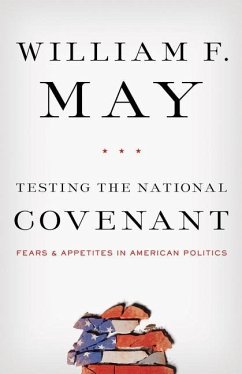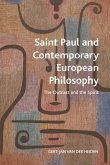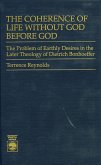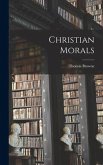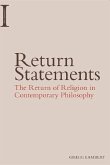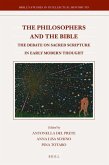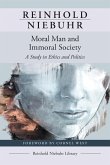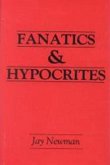Since the end of World War II, runaway fears of Soviet imperialism, global terrorism, and anarchy have tended to drive American foreign policy toward an imperial agenda. At the same time, uncurbed appetites have wasted the environment and driven the country's market economy into the ditch. How can we best sustain our identity as a people and resist the distortions of our current anxieties and appetites? Ethicist William F. May draws on America's religious and political history and examines two concepts at play in the founding of the country--contractual and covenantal. He contends that the biblical idea of a covenant offers a more promising way than the language of contract, grounded in self-interest alone, to contain our runaway anxieties and appetites. A covenantal sensibility affirms, "We the people (not simply, We the individuals, or We the interest groups) of the United States." It presupposes a history of mutual giving and receiving and of bearing with one another that undergirds all the traffic in buying and selling, arguing and negotiating, that obtain in the rough terrain of politics. May closes with an account of the covenantal agenda ahead, and concludes with the vexing issue of immigrants and undocumented workers that has singularly tested the covenant of this immigrant nation.
Hinweis: Dieser Artikel kann nur an eine deutsche Lieferadresse ausgeliefert werden.
Hinweis: Dieser Artikel kann nur an eine deutsche Lieferadresse ausgeliefert werden.

